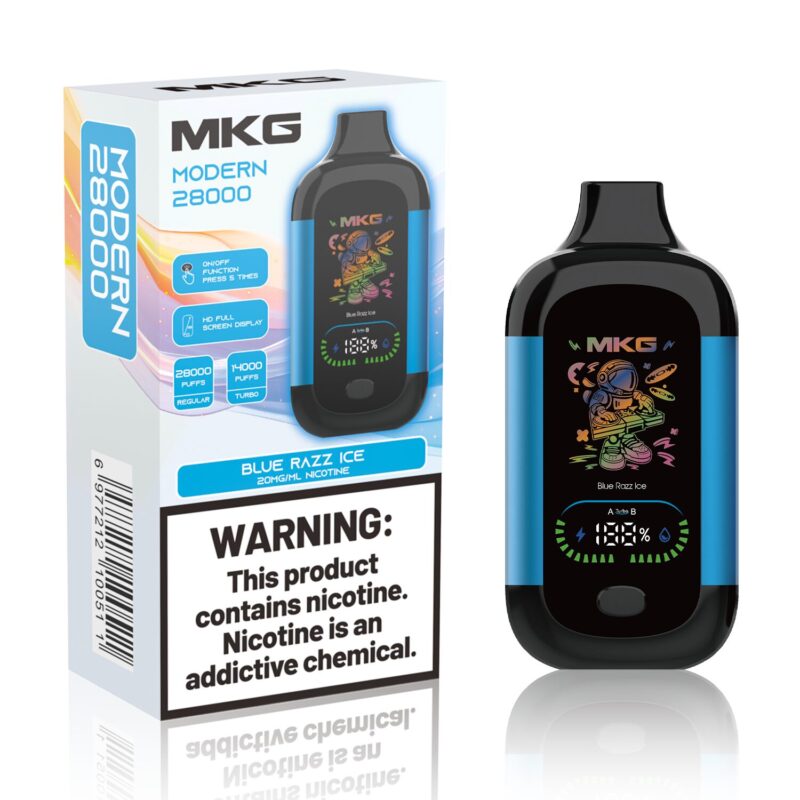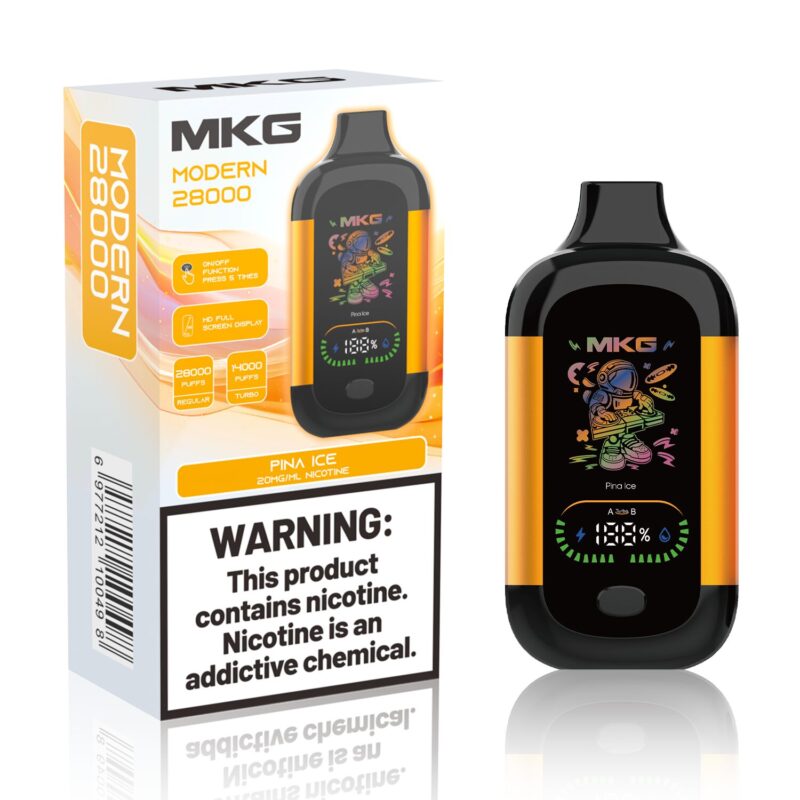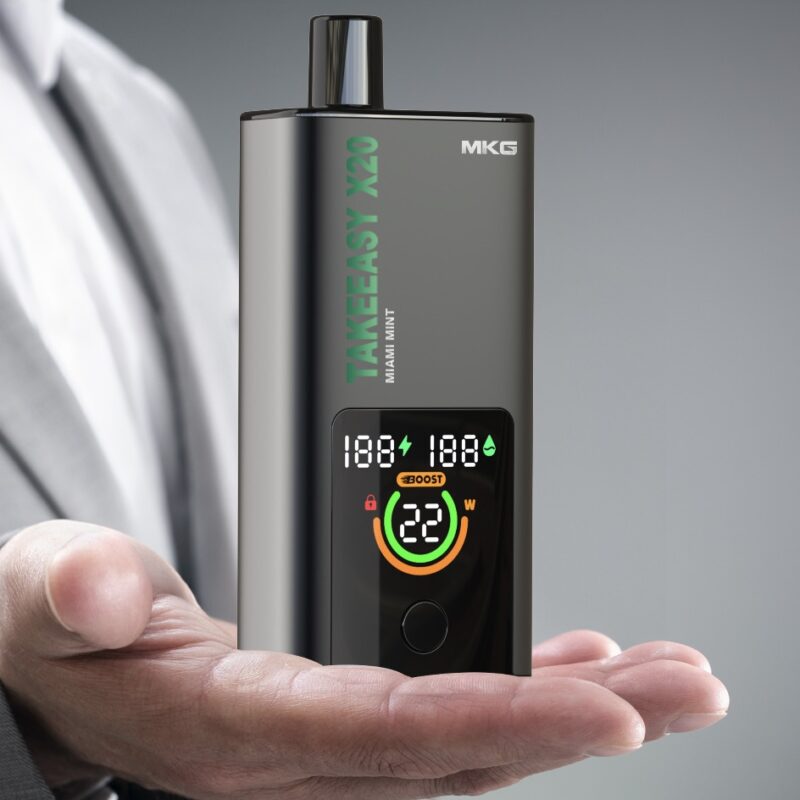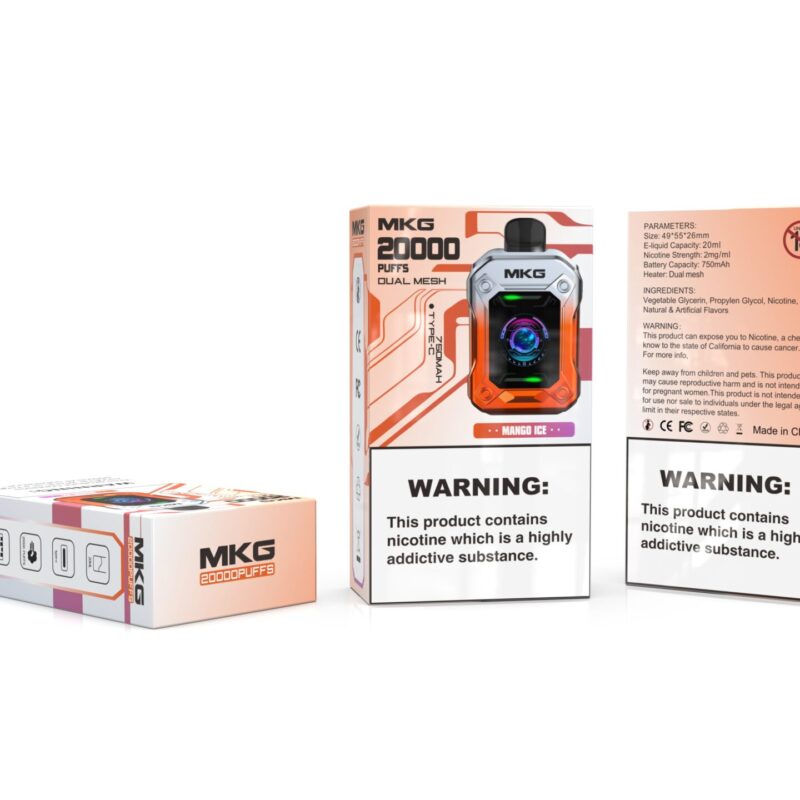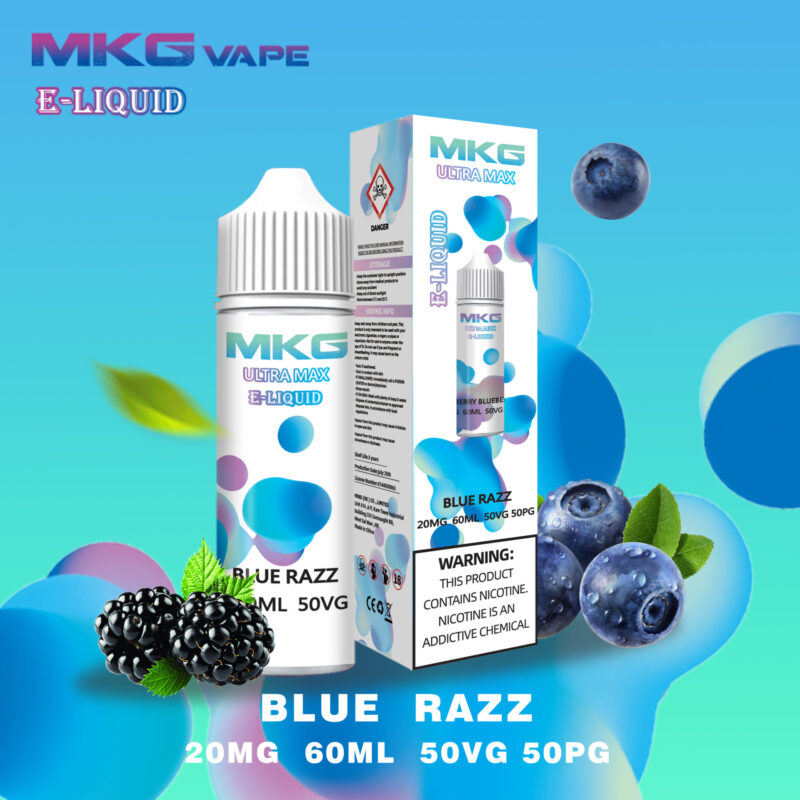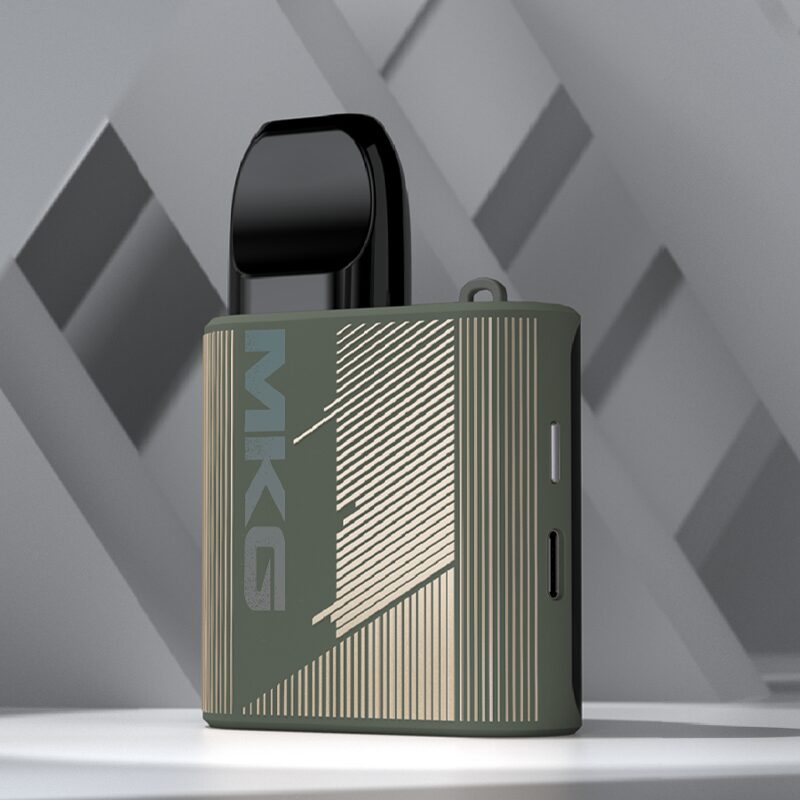With Venezuela’s recent ban on the use and sale of e-cigarettes, as many as eight countries in the Americas have banned e-cigarettes.
There are a total of 35 countries or regions in the Americas, and 21 countries currently impose regulations on e-cigarettes. Eight of these countries have completely banned e-cigarettes, including Argentina, Brazil, Mexico, Nicaragua, Panama, Suriname, Uruguay and Venezuela. Another 13 countries have partially or fully adopted one or more measures to regulate e-cigarettes. In addition to the above 21 countries, the remaining 14 American countries (including the Caribbean) do not have any regulatory measures on e-cigarette products.
Venezuela is one of the most recent countries in the Americas to comprehensively ban e-cigarettes. In June last year, a resolution from the Venezuelan Ministry of People’s Rights proposed a ban on the sale of e-cigarettes to minors. In August this year, the country’s e-cigarette regulatory measures were finalized, and it was decided to ban the manufacturing, storage, distribution, circulation, commercialization, import, export, use, consumption, advertising, promotion and sponsorship of e-cigarettes. Venezuela’s e-cigarette ban has led to the closure of a large number of local e-cigarette shops and the loss of more than 5,000 employees.
Suriname is another country in the Americas that has recently implemented an e-cigarette ban, banning the sale of all e-cigarette products.
It is understood that e-cigarette bans in countries such as Venezuela and Suriname are in response to recommendations from the World Health Organization (WHO), which previously recommended that governments implement regulations in accordance with the provisions of the Framework Convention on Tobacco Control and its decisions, such as bans on e-cigarettes. The marketing of cigarettes, including their import, distribution or sale, and regulations regarding the use of e-cigarettes in public places, prohibiting and taxing their advertising and promotion, and other regulations similar to those applicable to tobacco products.


